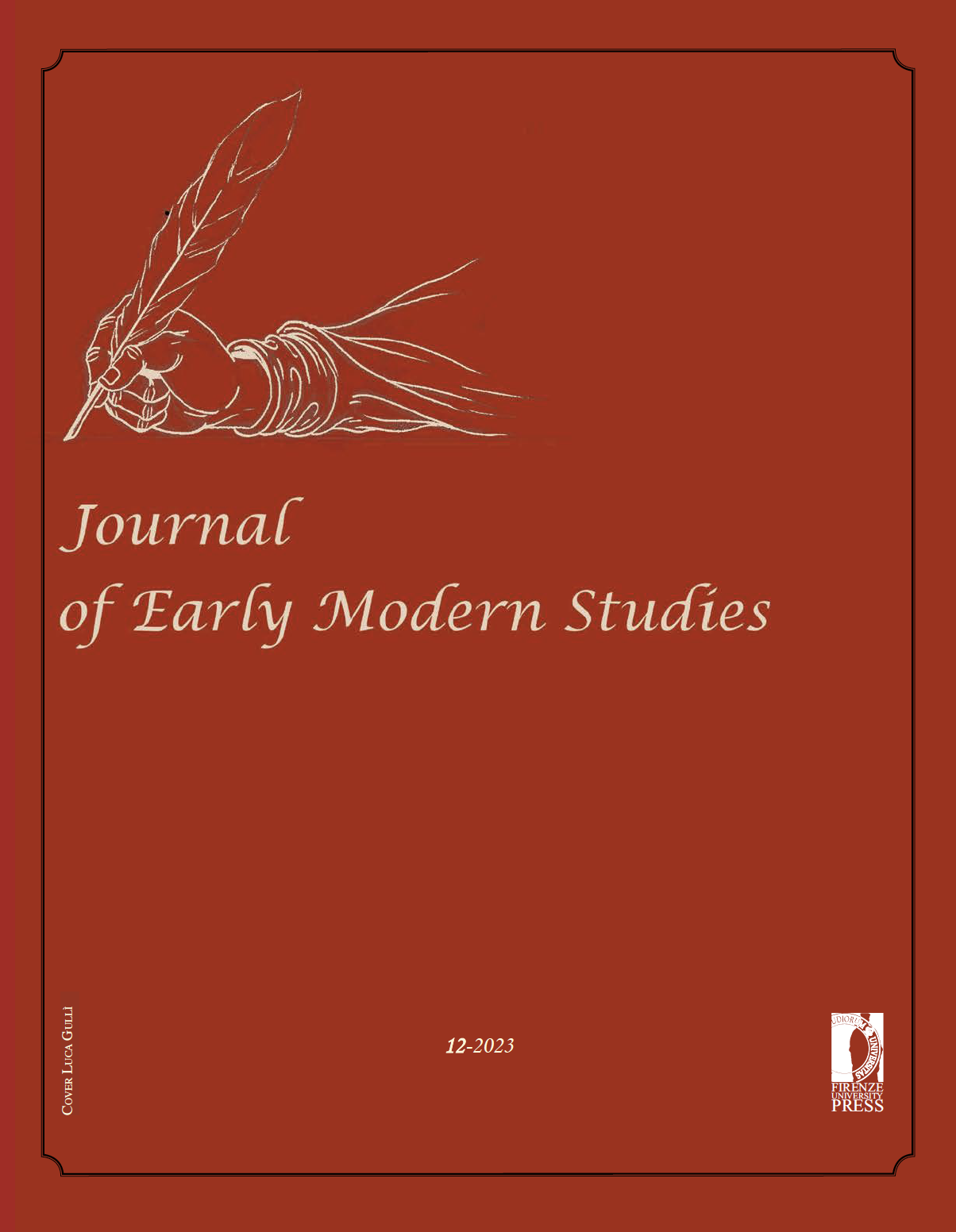‘De los famossos hechos de los yndios cañares y de sus privilegios’: Don Pedro Purqui and the Early Modern Andean Chronicle by Martín de Murua
Published 2024-07-31
Keywords
- Cañari,
- Cuzco,
- Iberian,
- Inca,
- Murua
How to Cite
Copyright (c) 2024 Lisl Schoepflin

This work is licensed under a Creative Commons Attribution 4.0 International License.
Abstract
The article considers the background and interests of don Pedro Purqui of Cañari descent in the late sixteenth century in Cuzco, Peru. Purqui made distinct interventions in an Inca-centric history project and, more broadly, as an Indigenous leader and intellectual in colonial Cuzco’s heterogenous and multivocal ‘lettered city’. His literary efforts contributed to the conceptualization of Cañari social memory as part of a larger process of ethnogenesis during the early modern period. The case study examines legal and chronicle records in juxtaposition with the Galvin Murua (1590-1596), compiled by the Basque Mercedarian friar, Martín de Murua. Purqui’s strategic efforts aimed to defend and promote the Cañari’s privileged but precarious status of nobility and heritage in an emergent and contested colonial context. The analysis demonstrates that the seeming contradictions of the Cañari, locally in Cuzco and regionally in the Andes, involved multivalent, complementary elements in iteratively conceived ethnic identity and social memory.

